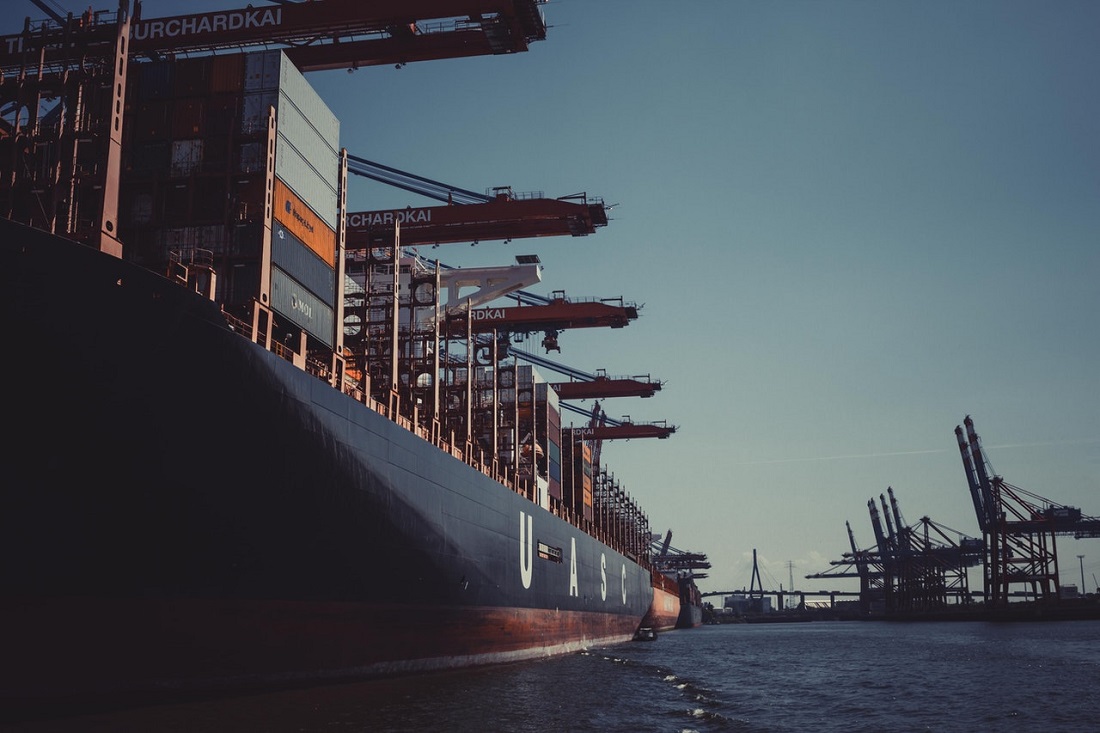
A favorable balance of trade is always better. This means that the export value should be higher than the import value. To boost the country’s exports, the government has implemented various schemes. The Foreign Trade Policy (FTP) governs all export- and import-related activities. It is designed to increase exports and use trade expansion as an efficient instrument of economic growth. The current Foreign Trade Policy (2015-2025) is designed to support exports by Special Economic Zones, Export Oriented Units, and other types of special economic zones. There are also various export promotion programs that either exempt or remit customs duty. One such export promotion scheme is the Advance Authorization Scheme.
What is the Advance Authorization Scheme (AAS)?
The Advance Authorization Scheme allows for the import of inputs to be exempted from duty (after making normal allowances for wastage) if they are physically integrated into an item that will be exported. As a condition of issuing Advance Authorization, an export obligation is often required.
These are the main benefits of an Advance License:
- Exporters are exempted from any Customs duties
- Exporters are also exempt from any Customs duties, such as education cess.
- The applicant is not responsible for paying anti-guard or safeguard duty.
Exemptions from duties under the Advance Authorization Scheme
Imported inputs are exempted from duties such as Basic Customs Duty and Additional Customs duty, Education Cess and Transition Product-Specific Safety Duty, Anti-dumping Duty, Safeguard Duty, and Transition Product-Specific safeguard duty, Integrated Tax, and Compensation Cess.
Eligibility to apply for advance authorization
Either a manufacturer exporter directly, or a merchant exporter tied to a supporting manufacturer can use the Advance Authorization Scheme. These are the types of authorization that are available:
- Exports of physical goods
- Intermediate supply
- Specific categories of exports are supplied with supplies
- You can supply stores to a foreign-going vessel/aircraft if there are specified Standard Input Output Normals (SION), in relation to the items supplied.
Advance Authorization’s validity
Advance Authorizations are valid for 12 months starting from the date of issuing such Authorization. The Authorization for deemed exports is tied to the contract duration of project execution or 12 months after the date of issue. The export obligation can be fulfilled within the 18-month period from the date of the Authorization, or as notified to the DGFT. The export proceeds must be converted into freely convertible currency unless otherwise specified.
What is the Export Obligation Period?
An Advance License is considered to have an export obligation period of 18 months starting from the date of authorization. The time of an export obligation is usually determined by the date issued to the Directorate General of Foreign Trade. If it is not, then the date on the Advance License is indicated.
What can you do to extend the Export Obligation period?
The exporter can request an extension of the export obligation by applying for an Advance License if he/she fails to fulfill the export obligation within the given time. In the majority of cases, the exporter must fulfill the export obligation within 18 months of the date granted to him/her by the licensing authority. The Directorate General of Foreign Trade is the licensing authority for the Advance License.
If an exporter still has difficulty fulfilling the Advance License’s export obligation, he/she may apply for a six-month extension. The exporter’s needs and the methods they can meet them are what really matter. A second extension will be granted to the applicant only if the applicant has fulfilled at least 50% of his/her export obligation in terms of quantity and value.
Visit the official website of DGFT, then go to the section relating to Advance License. This will give you a clear idea of the documents required. The final step is to have your file reviewed by the regional authority of DGFT. If they believe that the file meets all requirements and qualifies under the terms and conditions set forth by the licensing authority, they will issue a green light. The foreign trade policy must be fulfilled.
How many times can one person extend the Export Obligation Term of an Advance License?
A candidate can request an extension for the export obligation period up to two times. There are two extensions, each of which can be extended for up to six months. An extension of the export obligation period is granted for no more than half the period.
Only an applicant who has fulfilled 50% of their export obligations in quantity and value will be granted a second extension. The pro-rata decision is made. A self-declaration must be submitted to the regional authority when a candidate applies for a second extension.
Do not expect the regional authority or the DGFT to extend the export obligation period for more than 12 months. The applicant must provide a reason to the DGFT why they are unable to complete the export obligation within the specified time. Only then will the licensing authority review the case and make a decision. Many DGFT consultants are available to help you through the process of obtaining an advance license for the export obligation.
